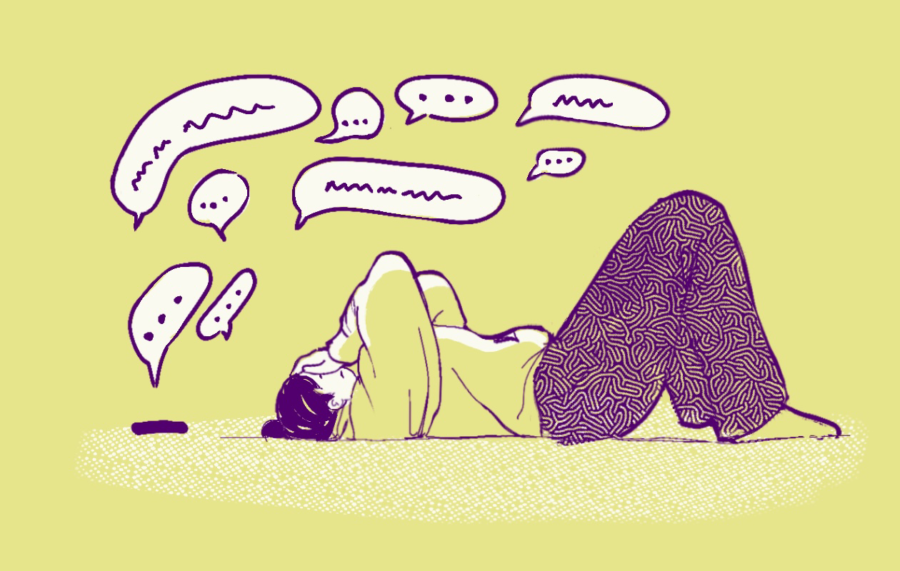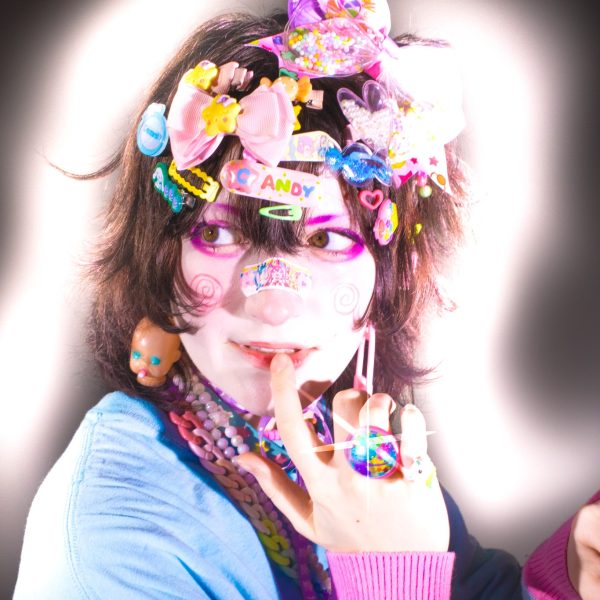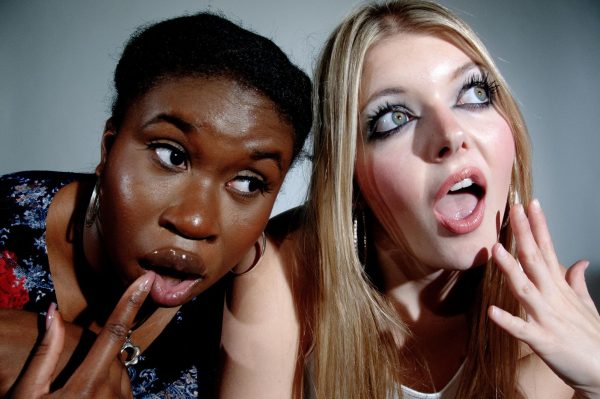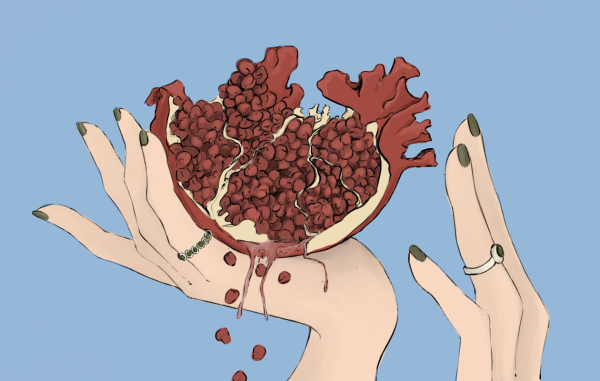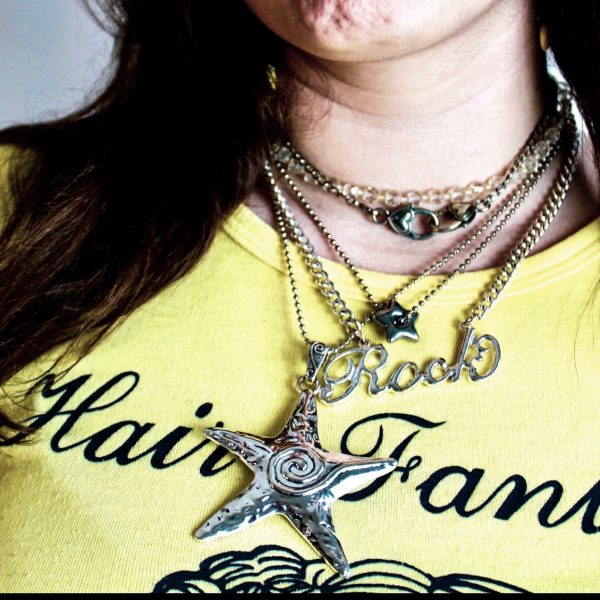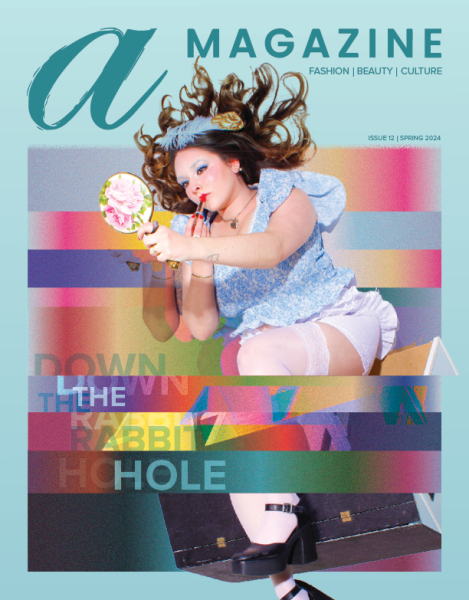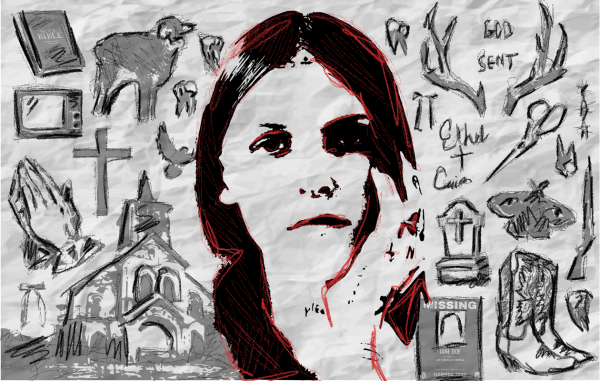the impact of social media on gen z’s mental health
Social media is an essential part of our lives. More than 65% of Gen Z use social platforms to communicate, build relationships, shop, get information and check on their friends and family. However, social networks can also negatively impact people’s mental health. From 2009 to 2017, depression rates increased by more than 60% among teens between 14 to 17 years old. While social media use is not the sole factor in this rise in depression rates, it could have a negative affect on people’s health.
Social media may have its benefits, but it certainly has many disadvantages. Although Gen Z is the generation with higher reported rates of depression and anxiety than previous generations, not all is lost. They are also the generation most likely to seek help from mental health professionals. Fortunately, most teens participate in discussions about mental illnesses, which is beneficial in bringing awareness to treatments. Unfortunately, social media plays a significant role in these problems. From cyberbullying to privacy loss to unrealistic beauty standards, social platforms affect how we see ourselves more than we think.
Cyberbullying involves hate comments and harassment happening on the digital medium, and celebrities are often the targets. Online “trolls” believe it is permissible to offend celebrities because they are public figures. But they still have feelings and suffer from these comments as anyone else would. An example is the famous TikToker Charli D’Amelio who has more than 147.4 million followers on the social platform. Charli’s sister, Dixie D’Amelio, also received a lot of hate and criticism since she became famous on TikTok.
On an episode of the ‘2 Chix’ podcast, Dixie disclosed how she feels guilty for every opportunity she has and sometimes even for being alive, which shows how cyberbullying has severe consequences and can damage people’s lives. Although social media influencers may seem to have a perfect life, they still have feelings as we do, and we need to be careful with what we comment, because our words have real life consequences.
In February 2020, the D’Amelio sisters shared their experiences with online bullying in a YouTube video on UNICEF’s channel. In the video, the younger sister explains how receiving hate comments on her body shape has affected her, especially as someone struggling with body dysmorphia and body image. The then 15-year-old said how difficult it was to handle countless hate comments per week and how cyberbullying is harmful for everyone, no matter who they are. After all, these hurtful comments impact the recipient’s mental health negatively, whether they are famous or not.
Another influencer who is a mental health awareness advocate is Loren Gray, who has 23.6 million followers on Instagram. Gray shared a video on the platform on Oct. 10, the world mental health day, on the importance of normalizing conversations on mental health, seeking for help and checking on your friends. Even if listening to others does not replace a therapist, it may be helpful to identify the signs that someone needs professional help. As the 20-year-old said, “It’s not about what you can do for someone, it’s more about how you can listen to someone.”
Privacy loss is another concern regarding social media. When celebrities post photos about their children online or when kids and teens post information about themselves, they risk damaging their reputation, having their identity stolen or receiving threats. Everyone needs to be cautious with the information they share online and with whom they share it. For that reason, social networks have privacy settings that allow users to accept or decline who follows them and views their content. Even some social media companies are constantly selling our data to third parties for targeted advertising.
However, some members of Gen Z are not as worried about companies violating their privacy as they are about gaining social media fame and followers. In a survey of 1,500 Americans between the ages of 16 to 24 years old conducted by ExpressVPN and Pollfish, 78% of them were willing to disclose their personal information with social media companies if this granted them fame. But popularity is not perfect and has many dangerous aspects, such as hate comments or stalking. It does not mean no one should have a business profile, but be aware of what you can do to minimize harm and protect your privacy.
Social media is also responsible for promoting unrealistic beauty standards. Even if it allows users to express themselves, it grants them permission to post filtered and edited photos online. Kim Kardashian is one of the celebrities accused of over-editing her photos to the point where she does not look like herself anymore. These photoshopped images can impact those who do not feel included in these beauty standards, potentially leading to body dysmorphia and eating disorders. Below are Kim Kardashian’s photos accused of being over-edited.
Individuals may develop self-esteem issues and confidence loss because they constantly see influencers with unattainable bodies. The study “Social Media Use and Body Image Disorders: Association between Frequency of Comparing One’s Own Physical Appearance to That of People Being Followed on Social Media and Body Dissatisfaction and Drive for Thinness,” from the International Journal of Environmental Research and Public Health further discusses it. The authors examine how people’s exposure to body comparison on social media negatively affects how they view themselves. The study also showed the association between those who spend more time online with body dissatisfaction.
Dove Cameron is a celebrity who uses her influence and platforms to raise awareness of how social media has impacted her mental health. The singer wrote in an Instagram post how she has been covering her mirror lately and feeling wrong in clothes that used to make her feel beautiful. This post reiterates how celebrities are not exempt from mental illnesses and confidence issues. The actress shared how constant exposure on social platforms affected her mental health and how dangerous it is to everyone.
Our relation to identity links to our digital presence, as Uğur Gündüz’s study “The Effect of Social Media on Identity Construct” discusses. Gündüz explains how we develop a digital identity by sharing content and interacting with our peers. Thus, feeling a sense of belonging to a large and diverse community. But only highlighting the positive consequences and ignoring the harmful ones will only postpone the solutions. We should acknowledge how social networks impact how we see ourselves and prioritize our mental health over our online presence.
Even though the scenario seems daunting, there are tools for Gen Z to develop a healthier relationship with social media. Start by unfollowing or blocking unhealthy accounts that make you feel dissatisfied and bring negativity into your life. Next, be selective about who you engage with and nourish your offline relationships. Social media has the power to unite people, but be careful who you decide to share information with and always be skeptical of profiles that seem fake.
If you are a victim of cyberbullying, ask for help and turn off comments or block haters. Besides, if the consequences to your mental health are overwhelming, take a break from social networks. Even a couple of days can make a difference and help you understand if the issue goes beyond your online presence. Social media platforms offer tools to empower users and give them more authority on their accounts, but it is up to you who is in control: you or social media.
Support Student Media
Hi! I’m Catie Pusateri, A Magazine’s editor-in-chief. My staff and I are committed to bringing you the most important and entertaining news from the realms of fashion, beauty and culture. We are full-time students and hard-working journalists. While we get support from the student media fee and earned revenue such as advertising, both of those continue to decline. Your generous gift of any amount will help enhance our student experience as we grow into working professionals. Please go here to donate to A Magazine.

